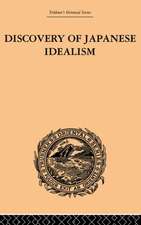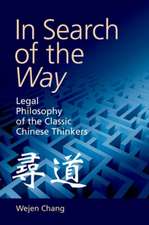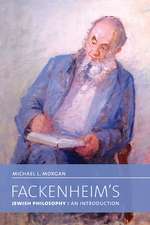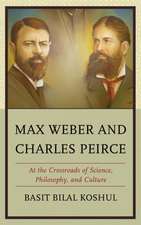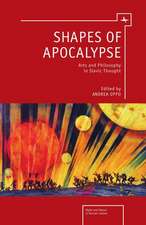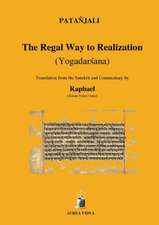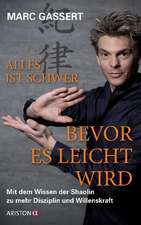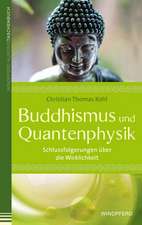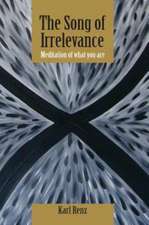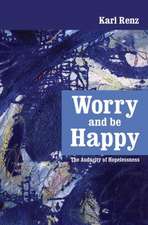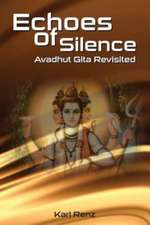Muhammad Iqbal
Editat de H. C. Hillier, Basit Bilal Koshulen Limba Engleză Paperback – 30 mar 2017
Preț: 190.96 lei
Preț vechi: 213.72 lei
-11% Nou
36.54€ • 38.15$ • 30.17£
Carte disponibilă
Livrare economică 25 martie-08 aprilie
Specificații
ISBN-10: 1474424171
Pagini: 256
Dimensiuni: 156 x 234 x 19 mm
Greutate: 0.32 kg
Editura: EDINBURGH UNIVERSITY PRESS
Notă biografică
H. C. Hillier is a Lecturer in the Department of Society, Culture and Environment at Wilfrid Laurier University. A graduate of St. Michael's College, University of Toronto, he specializes in global cultures, religions and political philosophy. He has published in the Journal of Islamic Law & Culture and Journal of Islamic Philosophy, and is the co-author of the forthcoming Introduction to Islamic Thought (Wipf & Stock, 2015).
Basit Bilal Koshul is an Associate Professor in the Department of Humanities and Social Sciences at the Lahore University of Management Sciences. He is the author of The Postmodern Significance of Max Weber's Legacy: Disenchanting Disenchantment (Palgrave, 2005). He has also co-edited, with Steven Kepnel, a collection of essays Scripture, Reason and the Contemporary Islam-West Encounter: Studying the Other, Understanding the Self (Palgrave, 2007) and, with Chad Hillier, Muhammad Iqbal: Essays on the Reconstruction of Modern Muslim Thought (Edinburgh UP, 2015).

